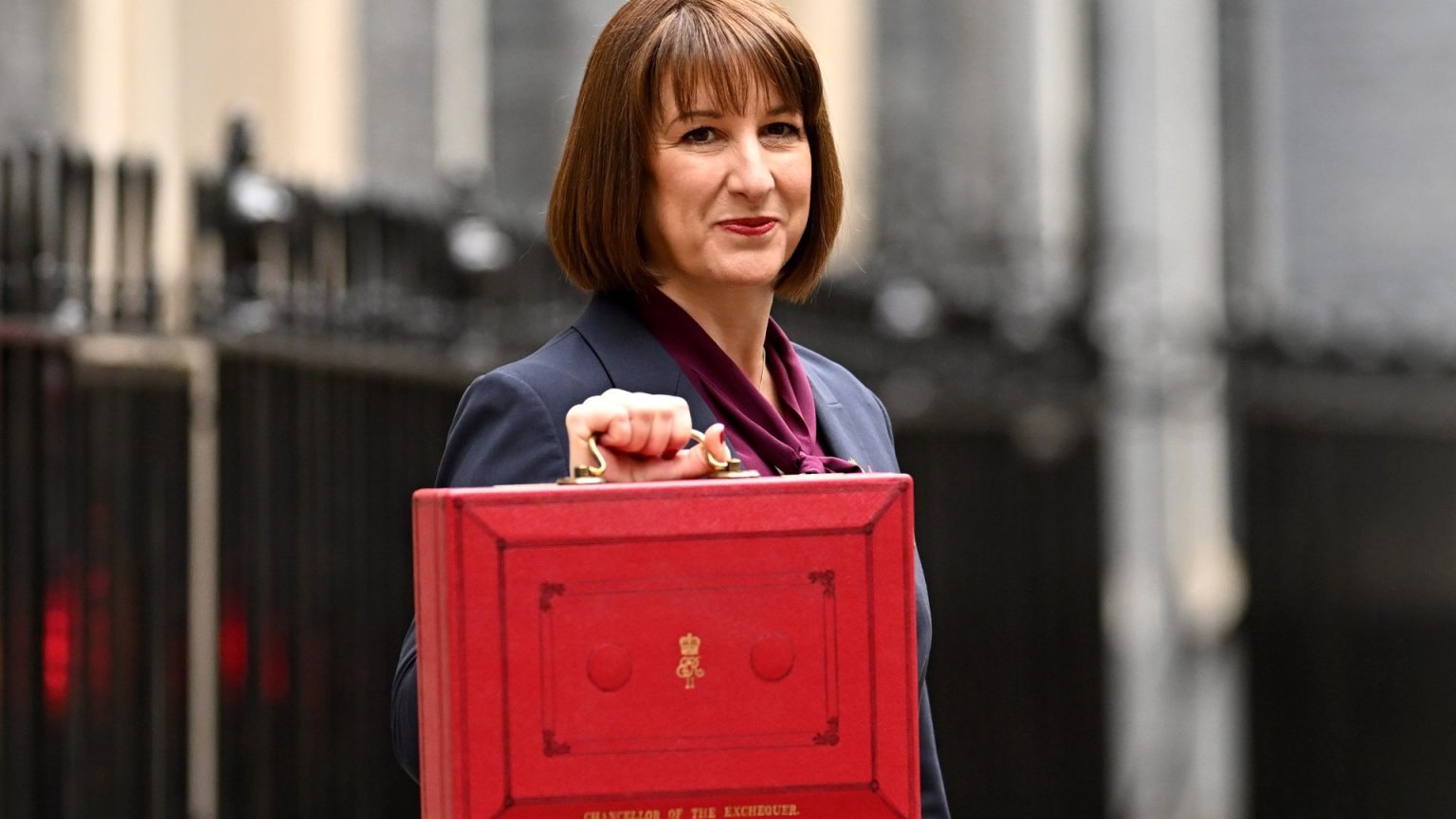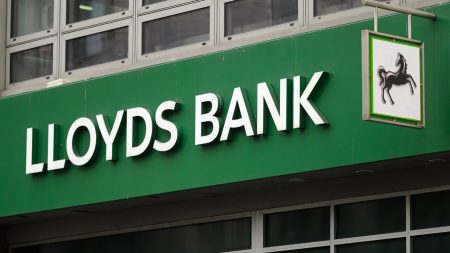Impact of Tax Policies on UK Job Market and Economy
Chancellor Rachel Reeves’ tax policies, specifically the increase in employer national insurance contributions, are facing criticism for their negative impact on the UK job market. Recent data reveals a sharp decline in job vacancies, the steepest since the COVID-19 pandemic, raising concerns about the affordability of hiring and potentially leading to job cuts. Businesses are reportedly pulling permanent recruitment adverts, directly citing the increased national insurance contributions as a major factor. This trend is further substantiated by a slowdown in the services industry, which is experiencing its fastest job shedding rate in 15 years, excluding lockdown periods. The situation raises questions about the effectiveness of Reeves’ claims to protect workers’ finances, as job availability becomes a critical factor in their financial security. This economic downturn is occurring against the backdrop of unreliable official jobs data, which economists warn is hindering the Bank of England’s ability to make informed decisions about interest rates, potentially prolonging high rates despite the struggling economy.
Business Responses and Market Volatility
The impact of the economic climate and tax policies is evident in various business decisions. Next, a major UK clothing retailer, announced it will reduce hiring due to a projected £73 million increase in its wage bill resulting from the new tax measures. This exemplifies the difficult choices businesses face when balancing rising costs with staffing needs. Meanwhile, model miniature firm Hornby, despite facing broader economic challenges, experienced a surge in sales during the holiday season, attributing it partly to an influx of new customers. This suggests that consumer spending, while impacted by overall economic conditions, remains resilient in certain sectors. Similarly, Topps Tiles reported a positive sales trend in recent months, despite earlier challenges and investor concerns about strategic missteps. The CEO’s retirement, while unrelated to investor pressure, adds another layer of complexity to the company’s navigation of the economic landscape.
Energy Sector and Investor Trends
The energy sector is also navigating fluctuating market conditions. Shell, a major energy giant, anticipates a significant hit to its gas business profits in the fourth quarter, primarily due to the expiry of hedging contracts put in place during the 2022 energy crisis. These contracts, designed to mitigate the impact of supply shortages following Russia’s invasion of Ukraine, had shielded the company from price volatility. The expiration of these contracts exposes Shell to the current market realities, potentially impacting its profitability. Furthermore, UK funds experienced significant outflows in the past year, marking a continuous trend of investor withdrawals. This reflects a broader pattern of investor behavior and highlights the challenges facing the UK financial market.
Investment and Growth Amidst Economic Uncertainty
Despite economic headwinds, certain sectors are experiencing growth and attracting investment. Rolls-Royce, the luxury car manufacturer, is investing significantly in its Goodwood factory expansion, driven by strong demand for its high-end vehicles. This demonstrates the resilience of the luxury goods market and the willingness of affluent consumers to continue spending despite economic uncertainty. This contrasts with the struggles faced by mass-market car manufacturers, some of which have resorted to site closures and job cuts in recent years. The divergent fortunes of luxury and mass-market car manufacturers highlight the uneven impact of economic pressures on different segments of the automotive industry.
The Complex Interplay of Economic Factors
The current economic landscape in the UK is complex and multifaceted. While some sectors experience growth and attract investment, others grapple with rising costs, declining demand, and challenging market conditions. Tax policies, while aimed at generating revenue and addressing economic inequalities, can have unintended consequences, particularly when implemented during periods of economic fragility. The interplay of these factors, combined with volatile global events and shifting investor sentiment, creates a challenging environment for businesses and policymakers alike. Navigating this complexity requires careful consideration of the potential impacts of policy decisions and a nuanced understanding of the forces shaping the UK economy.
Future Outlook and Policy Considerations
The future trajectory of the UK economy remains uncertain, with various factors contributing to both optimism and concern. The ongoing impact of the global energy crisis, coupled with persistent inflationary pressures, adds to the economic challenges. The effectiveness of government policies in mitigating these challenges and fostering sustainable growth will be crucial. As the job market remains a key indicator of economic health, policymakers must carefully assess the potential effects of tax policies and other measures on employment and business investment. A balanced approach that supports both workers and businesses is essential to navigate the current economic complexities and ensure a stable and prosperous future for the UK.











